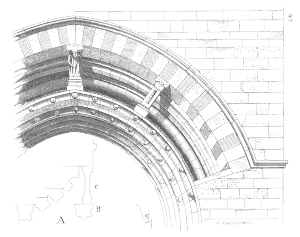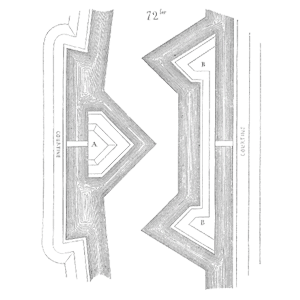
Fundamentals of Hypothesis Testing
podcast episode with speaker Fred Schenkelberg
Let’s make a comparison. Let’s check our product’s key characteristics against specifications, compare vendor life data, or compare the newest design changes to prior performance. We can and should do comparisons well using the appropriate statistical approach.
Let’s examine a handful of parametric and non-parametric comparison tools, including various hypothesis tests. Plus how to best use these tools and when to set them aside and explore another approach.
Statistics is a part of what a reliability professional does; thus, we all should know the range, power, and applicability of the methods available. Let’s explore how to make comparisons well.
This Accendo Reliability webinar was originally broadcast on 11 June 2024.
Related content:
Sample Size for Hypothesis Testing of μ article
Single Sample Z-test Hypothesis Testing for Mean with Known Variance article
Hypothesis Testing article
Hypothesis Test Selection article
Hypothesis Test Selection Flowchart article

SPC Sample Size Impact on SPC
In this webinar, we explore the impact that chart selection and sample size have on chart sensitivity (the ability to detect changes).

Reliability and Statistical Process Control
Let’s explore some cases where effectively using statistical process control will enhance your product’s reliability performance.

Understanding and Controlling Process Variation
Let’s discuss process variation and how to measure, monitor, and control processes to minimize the differences from one part to the next.

10 Keys for Maximizing the Benefits of Your SPC Program
Progressive manufacturers use control charts to “listen” to their processes to detect and rectify potentially harmful changes.

How do I link Process Capability Indices to Number (PPM) Defects?
if you need to learn a bit more about manufacturing and how we measure quality in general? Join us for this webinar.

What is Statistical Process Control or SPC?
You may have heard of Statistical Process Control, 6-sigma, Shewhart, the Japanese Economic Miracle, X̅ – R Charts … or perhaps none of them.

What is Process Capability Analysis (PCA)?
A process is considered ‘capable’ if it creates products that, with production natural variation, are still within what ‘good’ looks like.



 Ask a question or send along a comment.
Please login to view and use the contact form.
Ask a question or send along a comment.
Please login to view and use the contact form.
Thank you. Great presentation. Keep up the good work.
There are 13 different types of hypothesis. These include simple, complex, null, alternative, composite, directional, non-directional, logical, empirical, statistical, associative, exact, and inexact.- https://helpfulprofessor.com/types-of-hypothesis/#:~:text=There%20are%2013%20different%20types%20of%20hypothesis.%20These,non-directional%2C%20logical%2C%20empirical%2C%20statistical%2C%20associative%2C%20exact%2C%20and%20inexact.
Writing a hypothesis – https://www.wikihow.com/Write-a-Hypothesis
Scientific hypothesis, an idea that proposes a tentative explanation about a phenomenon or a narrow set of phenomena observed in the natural world. -https://www.britannica.com/science/scientific-hypot
The null hypothesis in statistics states that there is no difference between groups or no relationship between variables. It is one of two mutually exclusive hypotheses about a population in a hypothesis test. When your sample contains sufficient evidence, you can reject the null and conclude that the effect is statistically significant. – https://statisticsbyjim.com/hypothesis-testing/null-hypothesis/#:~:text=The%20null%20hypothesis%20in%20statistics%20states%20that%20there,and%20conclude%20that%20the%20effect%20is%20statistically%20significant.
How to Determine Statistical Significance
State the Hypothesis The first step is to clearly define the null hypothesis (H0) and alternative hypothesis (Ha) that reflect the research question or claim being investigated. …
Set a Significance Level …
Calculate the Sample Size …
Find the Standard Deviation …
Calculate the T-Score …
Find the Degrees of Freedom …
Use a T-Table
https://mindthegraph.com/blog/how-to-determine-statistical-significance/#:~:text=How%20to%20Determine%20Statistical%20Significance%201%20State%20the,of%20Freedom%20…%207%20Use%20a%20T-Table%20